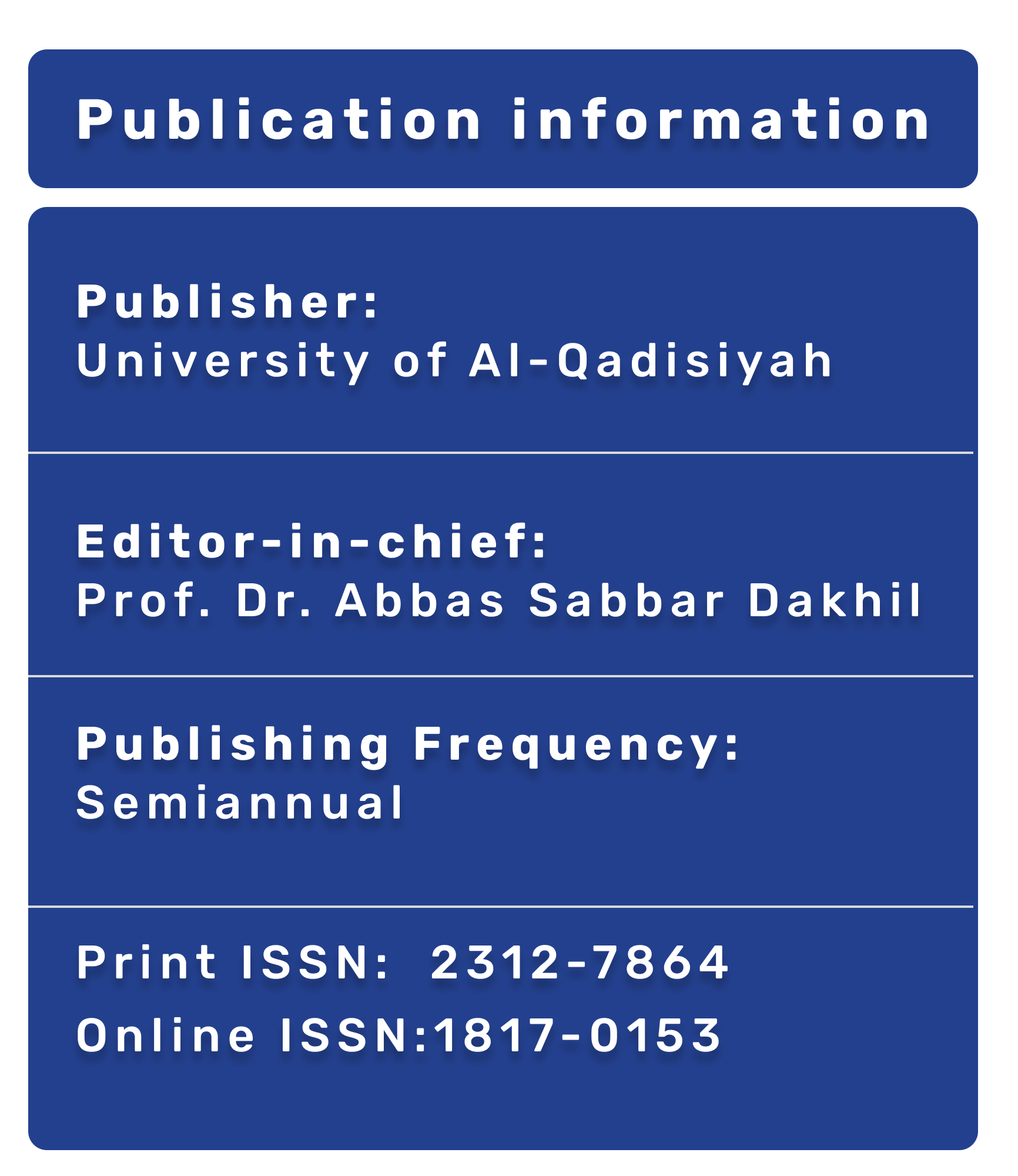The role of pharmacogenomics in response to metformin therapy in diabetes mellitus: Review Article
DOI:
https://doi.org/10.28922/qmj.v17i2.1065Keywords:
pharmacogenomics, metformin, diabetes mellitusAbstract
Background: Diabetes mellitus is a very well known metabolic disorder in daily clinical practice affecting males and females equally and no age is immune against its occurrence. The metformin therapy is the first line therapy and the response to it shows significant individual variation. The role of pharmacogenomics in predicting response to treatment is recently widely accepted by medical professionals. Aim of the study: The current review was aiming at identifying the main genes enrolled in response to metformin treatment in type 2 diabetes mellitus. Materials and methods: The current review was done in College of Medicine/ University of Al-Qadisiyah and involved the search in the Google search engine about the following key words: pharmacogenomics, type 2 diabetes mellitus, metformin. The studies that were published with this respect during the last 20 years were enrolled. Any article dealing with use of metformin for other indications other than diabetes mellitus of type 2. Results: The metformin pharmacogenetics field has coalesced to form the MetGen Consortium. In a meta-analysis of 10,557 participants with a harmonised measure of metformin response, a genome-wide statistically significant association was observed at the SNP rs8192675, in an intron of the GLUT2 glucose transporter, encoded by SLC2A2 and expressed in hepatocytes. The only member of biguanide class remains in clinical practice is metformin. However, it is regarded as the first line pharmacological agent to be used in control of hyperglycemia in type 1 DM.
Conclusion: The response to metformin showed significant variation in response based on HbA1c% results in diabetic patients treated with it as a first line anti-diabetic medication and tailoring dose with respect to gene polymorphism may provide better therapeutic results.








